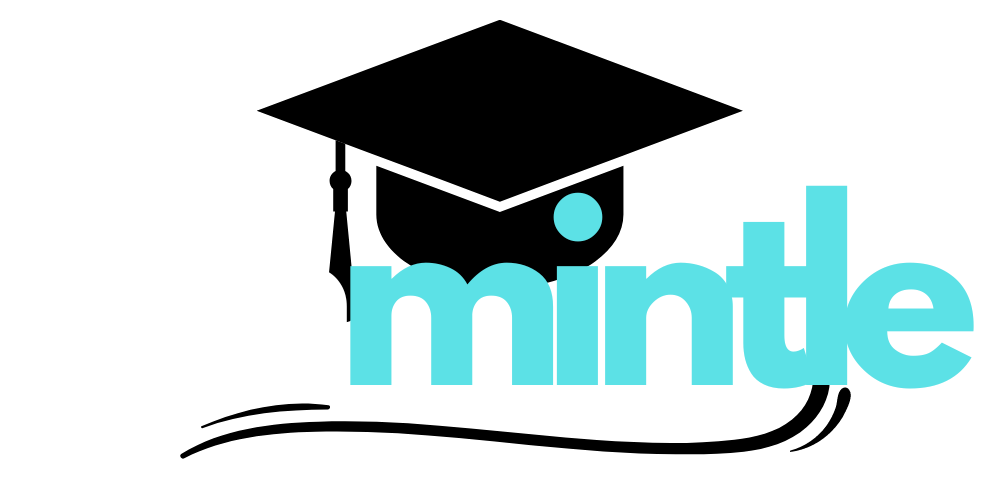Reflecting on Success: The Power of Self-Reflection in Achieving Your Goals
Unlocking Your Potential through Reflection: A Pathway to Success
In the dynamic journey towards personal and professional growth, one often-overlooked yet potent tool stands out: reflection. Beyond merely pondering over past experiences, reflection is a deliberate and structured process. Rooted in psychology and philosophy, it invites individuals to introspect deeply, facilitating profound insights and transformative learning.
Understanding the Theory of Reflection:
Reflection, as proposed by theorists such as Donald Schön and David Kolb, encompasses several distinct steps:
1. Concrete Experience: It all begins with engaging in concrete experiences – the firsthand encounters and situations that shape our lives.
2. Observation and Reflection: Following these experiences, comes the crucial step of observation and reflection. This involves consciously reviewing the experience, exploring thoughts, feelings, and reactions, and identifying significant aspects and insights.
3. Abstract Conceptualization: Building upon reflection, abstract conceptualization involves extracting broader principles, theories, or frameworks from the observed experience. It's about making sense of the experience in a broader context and understanding its implications.
4. Active Experimentation: The final step in the reflection process is active experimentation. Armed with newfound insights and understanding, individuals are encouraged to apply their learning in real-world scenarios, testing hypotheses, and adapting their behavior accordingly.
The Role of Reflection in Self-Success:
Through the lens of reflection, individuals gain a deeper understanding of themselves, their goals, and their values. By engaging in regular reflection, one becomes more self-aware, recognizing strengths, weaknesses, and areas for growth. This heightened self-awareness lays the foundation for informed decision-making, enabling individuals to align their actions with their aspirations effectively.
Moreover, reflection serves as a catalyst for continuous learning and improvement. By examining past experiences, individuals derive valuable lessons and insights, which they can apply to future endeavors. Mistakes and setbacks are reframed as opportunities for growth and development, fueling resilience and perseverance in the face of challenges.
Practical Steps for Effective Reflection:
To harness the full potential of reflection, individuals can follow these practical steps:
1. Create Time and Space: Dedicate regular time for reflection in your schedule, ensuring a conducive environment free from distractions.
2. Journaling: Maintain a reflective journal to capture thoughts, insights, and reflections on various experiences and situations.
3. Ask Critical Questions: Challenge yourself with probing questions to deepen your reflection process, such as "What did I learn from this experience?" or "How can I apply this learning in the future?"
4. Seek Feedback: Solicit feedback from trusted mentors, peers, or colleagues, gaining diverse perspectives and insights into your experiences.
5. Set Goals: Use reflection as a tool for setting and refining personal and professional goals, ensuring alignment with your values and aspirations.
Embrace Reflection, Unlock Success:
In conclusion, reflection serves as a powerful vehicle for personal and professional growth. By engaging in a structured process of observation, introspection, and active experimentation, individuals can unlock their potential, cultivate resilience, and navigate the complexities of the journey towards success. As you embark on your reflection journey, remember: every experience, whether triumphant or challenging, holds within it the seeds of growth and transformation. Embrace reflection, and watch as your dreams unfold before your eyes.


